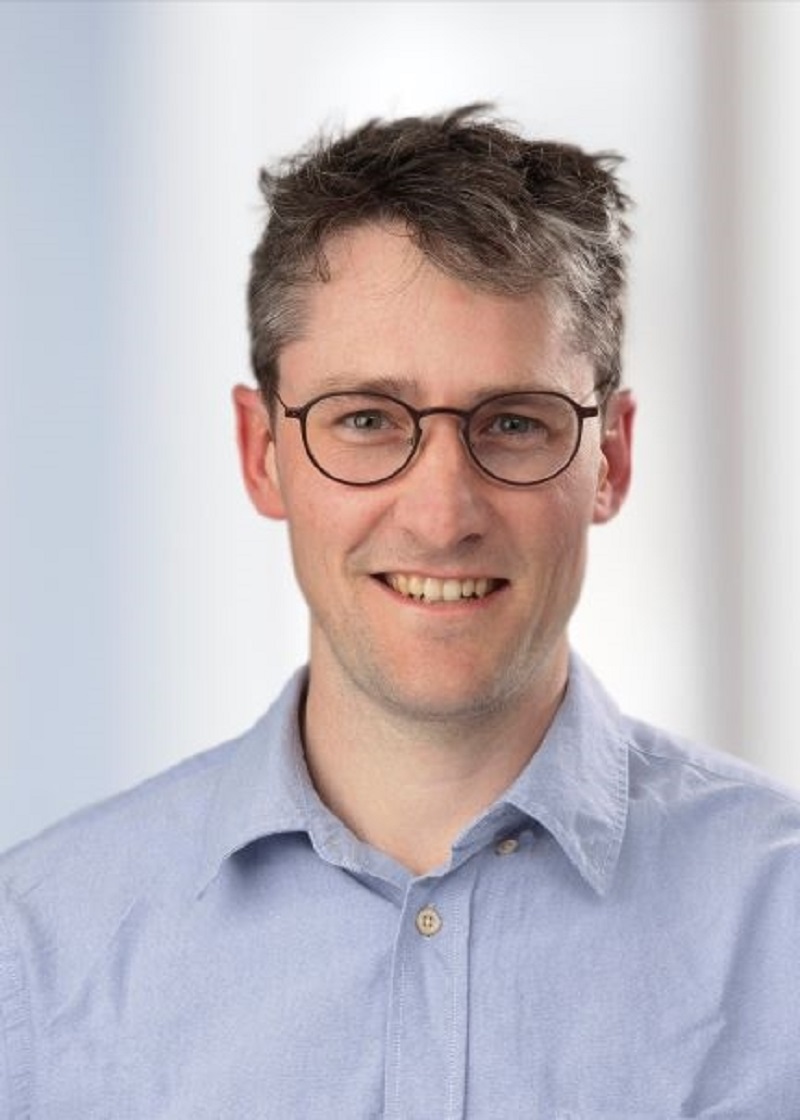PS Seminar Series- Distinct transcriptional modules define symbiotic susceptibility in legume roots
Legume-rhizobium interactions during symbiotic nitrogen fixation are carefully balanced to limit rhizobium colonization to an appropriate number of specific cells.
Speakers
Content navigation
Description

Abstract - Legume-rhizobium interactions during symbiotic nitrogen fixation are carefully balanced to limit rhizobium colonization to an appropriate number of specific cells. While the entire root surface is in contact with rhizobia, a limited number of root hair cells respond by allowing infection threads to form and only a fraction of the epidermal infection threads progress to the cortical layers to establish functional nodules. I will describe our single-cell analysis, and in particular focus on the epidermal and cortical cell populations. In these datasets, we identified distinct transcriptional modules that represent infection priming, promotion and abrogation. We find that primed cells are characterized by expression of Nod factor receptor and common symbiosis pathway genes prior to rhizobium inoculation, and that this priming module is largely shut down post inoculation. Like primed cells, infection promoting cells activate similar transcriptional modules in the epidermis and cortex, and these modules include well-described nodulation genes. In contrast, infection abrogation relies on distinct transcriptional modules across cell types. Our work disentangles cellular processes and transcriptional modules that were previously confounded due to lack of cellular resolution, providing a new foundation for detailed understanding of symbiotic interactions.
Biography - Dugald’s research focuses on understanding the development and control of nitrogen fixing root nodules in legumes and how this relationship may be engineered in cereals. His group has a strong emphasis on hormone signaling, including developing significant genetic resources to study hormone signalling in the model legume Lotus japonicus. By combining these genetic resources with high-resolution sequencing (scRNAseq) and developmental studies, his aim is to gain a deep understanding of the molecular mechanisms underpinning legume root and nodule developmental responses to the surrounding biotic and abiotic environment.
2017-2022 Assistant Professor, Department of Molecular Biology and Genetics, Aarhus University (Denmark)
2012-2017 Postdoc, Laboratory of Prof. Jens Stougaard, Department of Molecular Biology and Genetics, Aarhus University (Denmark)
2009-2012 PhD The University of Queensland (Australia)
Location
Slatyer Seminar Room, N2011, Level 2, RN Robertson Building (46)
